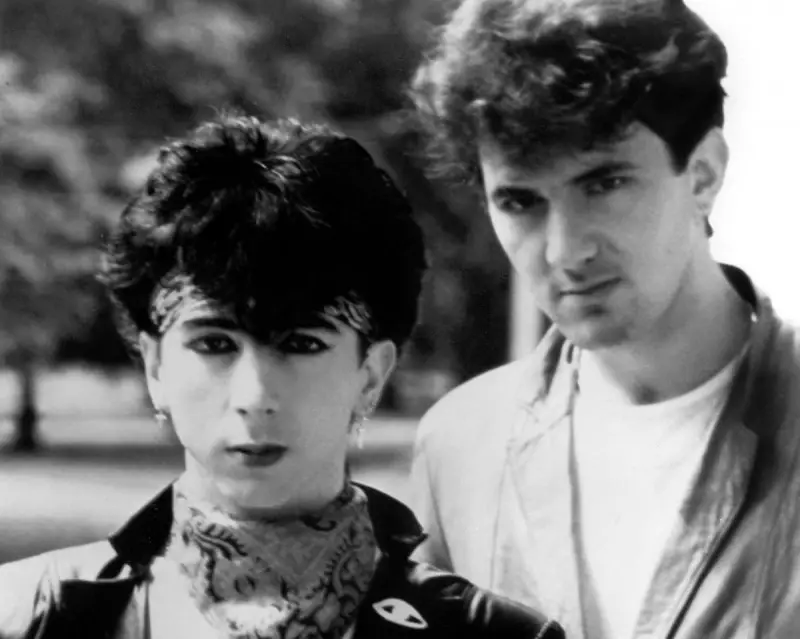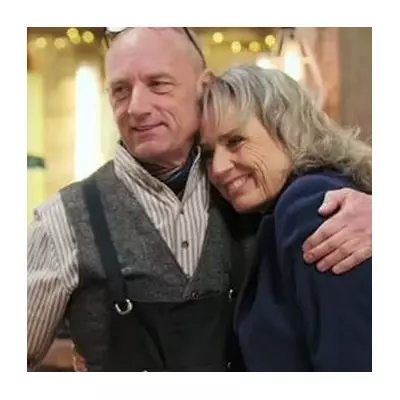
The music world mourns the loss of Dave Ball, the visionary synth programmer and musician who formed one half of the revolutionary electronic duo Soft Cell. Ball passed away at age 67, leaving behind a legacy that forever changed the landscape of pop music.
The Architect of Electronic Sound
While vocalist Marc Almond provided the distinctive voice and theatrical presence, Dave Ball was the mastermind behind Soft Cell's groundbreaking electronic soundscapes. His innovative use of synthesizers and drum machines created the perfect backdrop for Almond's provocative lyrics, resulting in a unique musical alchemy that captured the early 1980s.
From Art School to Chart Domination
The partnership began at Leeds Polytechnic, where Ball and Almond discovered their creative chemistry. Their breakthrough came with the reimagining of Gloria Jones' Northern Soul classic "Tainted Love," which Ball transformed into a minimalist electronic masterpiece that would become one of the most iconic songs of the decade.
The track's success was astronomical, spending a record-breaking 43 weeks on the US Billboard chart and becoming a global phenomenon that defined the synth-pop era.
Beyond Soft Cell: A Diverse Musical Journey
After Soft Cell's initial split in 1984, Ball continued to demonstrate his musical versatility. He formed the electronic outfit The Grid, achieving success with dancefloor hits like "Swamp Thing" and "Texas Cowboys." His production work spanned various genres, showcasing his adaptability and enduring relevance in the ever-evolving music industry.
The Legacy of a Quiet Innovator
Unlike many of his flamboyant contemporaries, Ball maintained a relatively low profile, letting his music speak for itself. Fellow musicians and collaborators remember him as a gentle, thoughtful artist whose technical brilliance was matched only by his creative vision.
His influence can be heard in generations of electronic musicians who followed, from 1990s synth-pop revivalists to contemporary electronic artists who continue to draw inspiration from his pioneering work.
A Final Bow
Ball's passing marks the end of an era for electronic music pioneers. His contributions to the genre helped legitimize synthesizers as serious musical instruments and demonstrated the emotional depth possible within electronic composition.
As fans and fellow musicians reflect on his career, Dave Ball's legacy remains secure as one of the most important architects of modern electronic pop music—a quiet revolutionary whose sounds continue to resonate through the decades.





